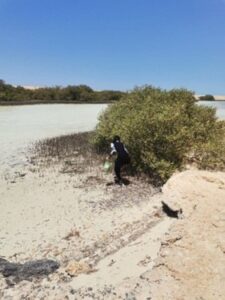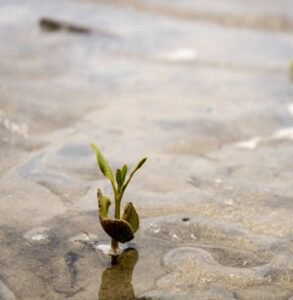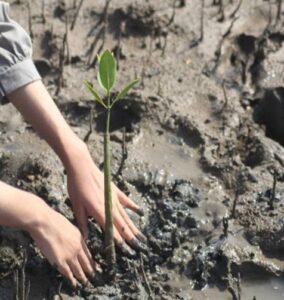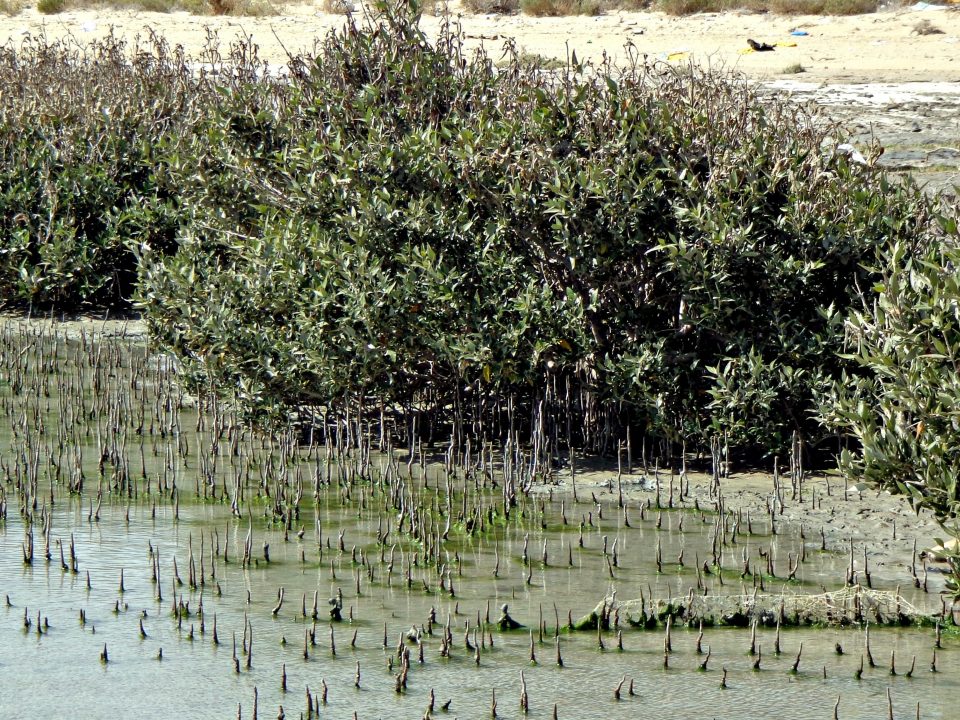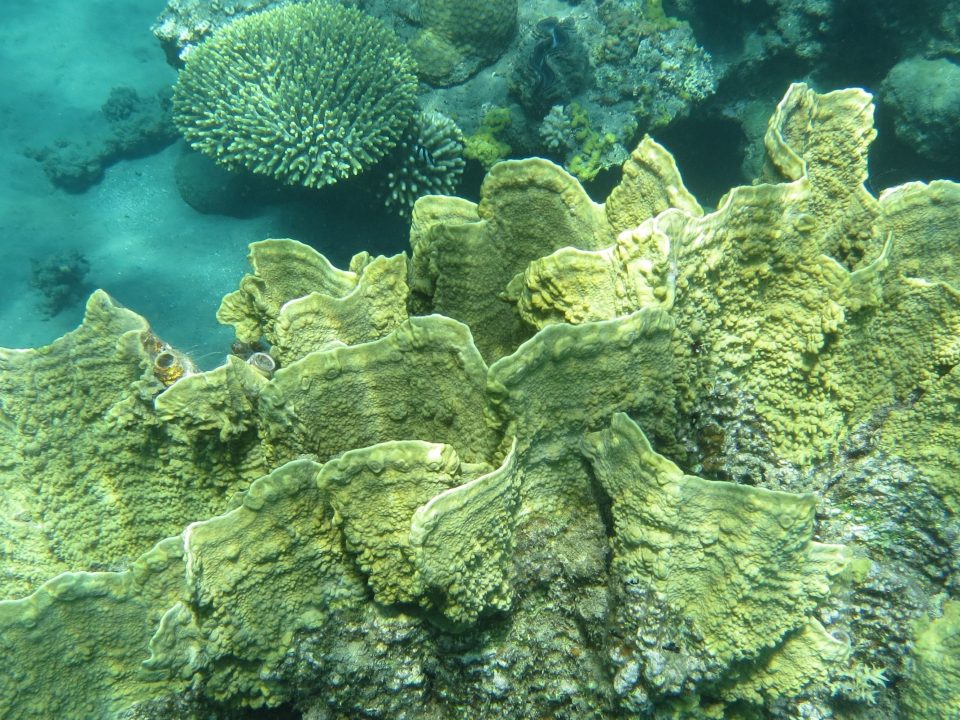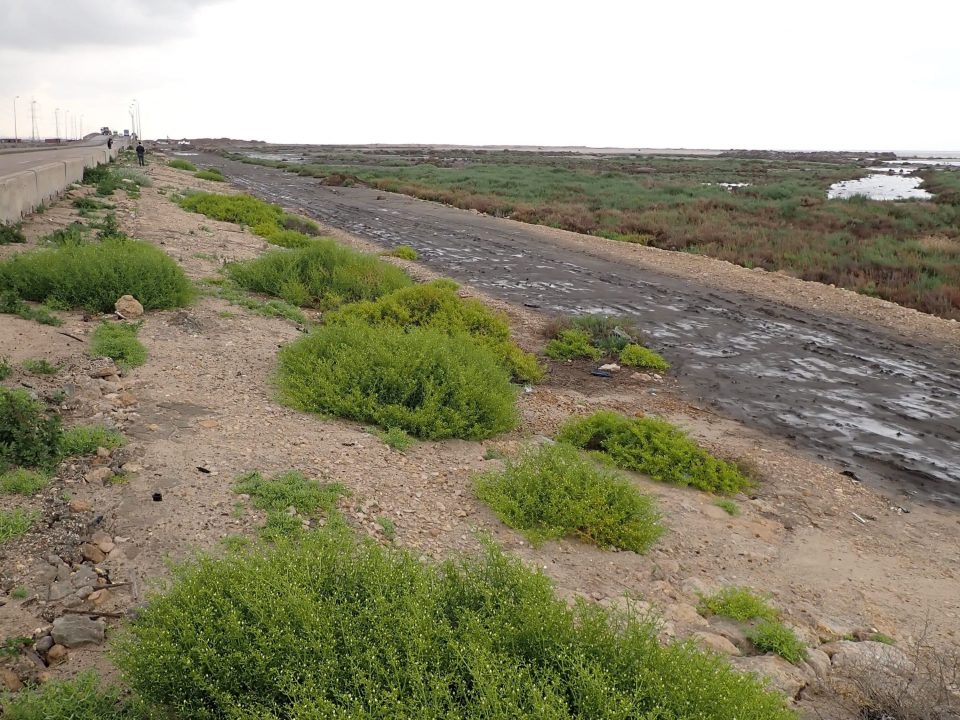- Welcome To SENS
- +201004499116
- info@sens-marine.com
Aquaculture Field
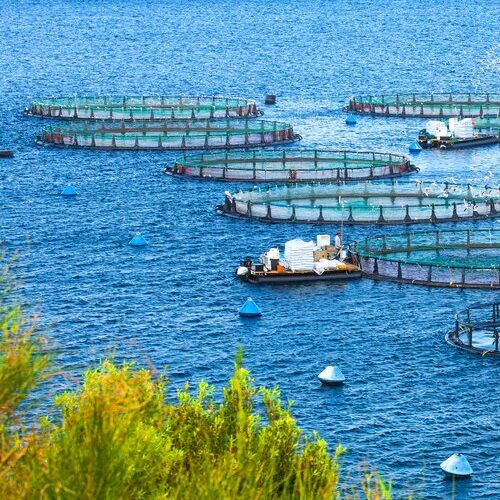
Aquaculture field
SENS plays a pivotal role in advancing sustainable aquaculture practices through cutting-edge research and innovation, particularly focusing on:
Utilization of Azolla in aquaculture
Our commitment to sustainability drives us to explore Azolla's potential in enhancing the efficiency and environmental friendliness of aquaculture systems. We aim to revolutionize aquaculture practices by harnessing its unique properties to improve feed quality, water quality, and overall ecosystem health.


Enhancement of growth performance and survival rates of Seahorse
SENS focuses on employing innovative feeding techniques and probiotics to enhance growth performance and survival rates. By integrating probiotics into aquaculture practices, we not only improving digestive health but also boost immune systems, ultimately leading to increased growth rates and higher survival probabilities. Moreover, our efforts extend to developing methods for artificially spawning seahorses, a crucial step in the sustainable cultivation of these delicate marine species.
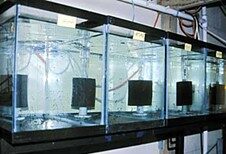
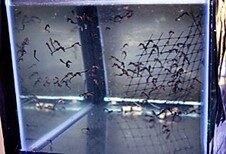
Intensive culture of Artemia
Artemia, also known as brine shrimp, serves as a cornerstone in the early life stages of various aquatic species due to its high nutritional value and digestibility. Our research focuses on the intensive rearing of Artemia in closed and stagnant systems to achieve large-scale production. We are also exploring novel techniques to optimize Artemia growth and reproduction within these controlled settings, with the aim of scaling up production while ensuring the sustainability and efficiency of the process.

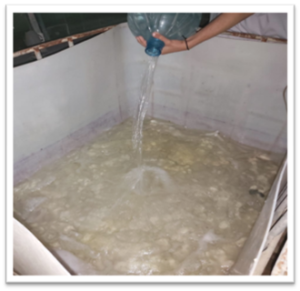
Cultivation of microscopic algae:
The cultivation of microscopic algae, such as Tetraselmis sp., plays a crucial role in various industries, including biotechnology, aquaculture, and biofuel production, owing to its rapid growth rate and high lipid content, making it a promising candidate for biofuel production. Our research focuses on developing integrated systems that combine the cultivation of microscopic algae with other organisms like shellfish or wastewater treatment plants to create symbiotic relationships and increase overall resource utilization efficiency. We are exploring their use for carbon capture and storage applications by leveraging their ability to sequester carbon dioxide during photosynthesis. Additionally, we are researching and developing new products derived from microscopic algae, such as nutraceuticals, cosmetics, or pharmaceuticals, to diversify revenue streams and increase market potential.
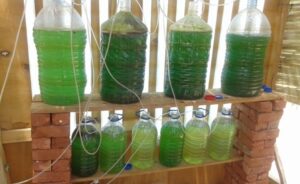
Artificial spawning of bivalve:
Bivalve species play a significant role in marine ecosystems and aquaculture industries worldwide. Our research interest focuses on exploring and developing methods for the artificial spawning (Hormone induction and environmental manipulation) of bivalve species, aiming to improve seed production, enhance genetic diversity, and promote sustainable aquaculture practices.

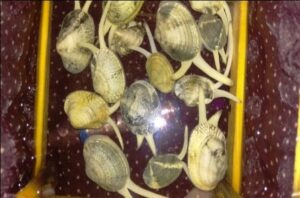
Effect of water acidification on growth performance of fishes:
Our research focuses on rearing fish without the need for water exchange while incorporating water acidification techniques as a promising approach to sustainable aquaculture practices. By implementing advanced water quality management strategies, such as water acidification, aquaculturists can enhance growth performance and overall fish health while minimizing environmental impact. This innovative method not only reduces the reliance on water exchange, conserving resources and minimizing wastewater discharge, but also improves the efficiency of fish farming operations.


Transplantation of Mangrove:
Mangroves play a crucial role in coastal ecosystems, offering a host of benefits such as providing habitat for marine life, protecting shorelines from erosion and filtering pollutants from the water. Our company focuses on cultivation of mangroves to enhance their ecological functions and promote biodiversity. Our work not only aims to improve the sustainability of aquaculture operations but also contributes to the conservation and restoration of vital coastal habitats.
